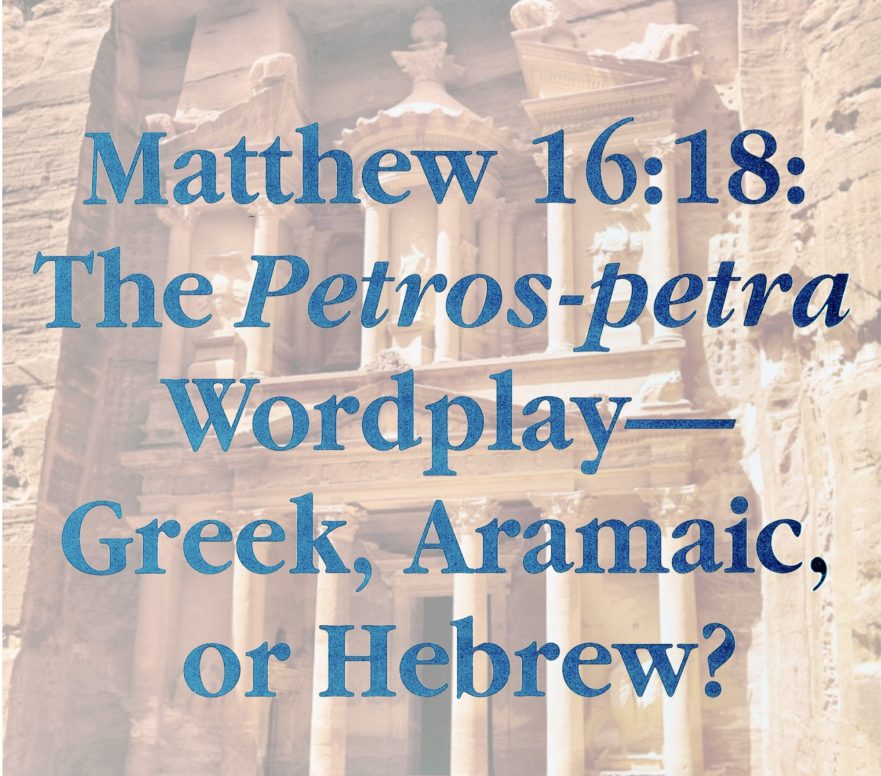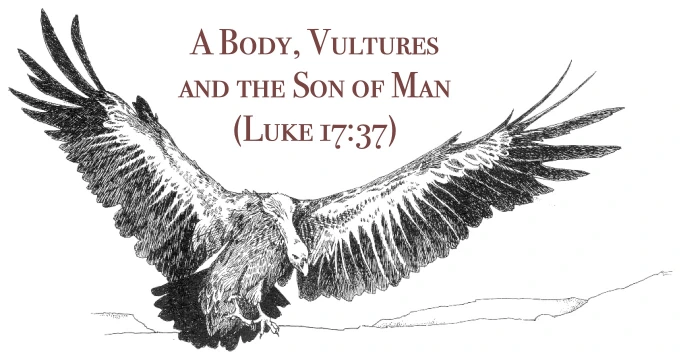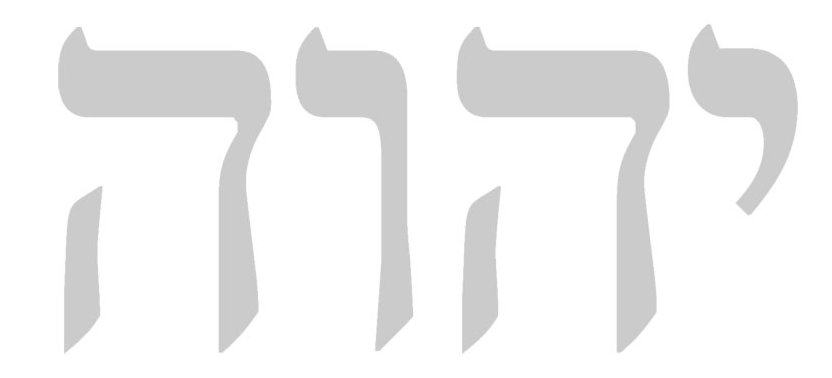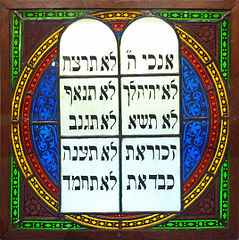In his Sermon on the Mount, Jesus mentioned “lilies of the field.” Tulips, poppies, daisies and other wildflowers have been suggested as candidates for “lilies of the field.” In this photo essay we discover the subtleties of his message about these beautiful, short lifespan flowers.
Matthew 16:18: The Petros-petra Wordplay—Greek, Aramaic, or Hebrew?

The pinnacle of the gospel story may be Jesus’ dramatic statement, “You are Petros and on this petra I will build my church.” The saying seems to contain an obvious Greek wordplay, indicating that Jesus spoke in Greek. However, it is possible that “Petros…petra” is a Hebrew wordplay.
Remember Shiloh!

Without paying attention to ancient Jewish exegesis one can easily miss the full impact of Jesus’ statement, “den of thieves.” Was Jesus solely addressing the vendors, or was he aiming at bigger game?
King Parables

One of the many results of synoptic research is the discovery of parallels between the sayings of Jesus and those of other Jewish sages. A knowledge of these parallels can provide added insight into what Jesus was teaching.
Jesus and the Hasidim

How do we define Jesus within first-century Jewish society? To which of the various Jewish sects does he belong? Was he a Pharisee, an Essene? After years of painstaking research, Shmuel Safrai has identified a new stream within the Judaism of Jesus’ time: the Hasidic movement. This may be a major breakthrough in New Testament studies, as well, because the picture Safrai paints of the Hasidim is amazingly similar to what we know about Jesus. Jesus, who was quite close to the Hasidim and perhaps even involved with some of them, does not reflect Galilean boorishness or ignorance, but rather the dynamism and ongoing creativity of Jewish life in Galilee.
Jesus’ Twin Parables

Conducting research on the Gospels, the late Robert L. Lindsey discovered Jesus’ teaching format: incident, teaching discourse and two concluding parables. In this article he discusses Jesus’ double parables.
Rabbinic Literature: A Spiritual Treasure for Christians

The sayings of the sages are a treasure that should be read first of all for their own sake.
That Small-fry Herod Antipas, or When a Fox Is Not a Fox

We need to start translating “fox” with its proper Hebraic cultural meaning.
The Rich Young Ruler Story: Personal Application

God will probably test our commitment to him at its weakest, most vulnerable point or points, those areas in our lives that we have made more important than him.
A Body, Vultures and the Son of Man (Luke 17:37)

“Wheresoever the body is, thither will the eagles be gathered together” (Luke 17:37; KJV), is certainly one of the most enigmatic of Jesus’ sayings.
A Measure of Humility

There are many parallels between the teaching of Jesus and that of Jewish sages mentioned in rabbinic sources. An understanding of rabbinic sayings can provide added insight into what Jesus taught.
The Parable of the Rich Man and Lazarus: Did the Rich Man End Up in Hell or Gehenna? (Luke 16:22)

Mechanically reconstructing to Hebrew Greek texts found in Matthew, Mark and Luke on the basis of Septuagintal equivalents can widely miss the mark.
The Shema in Early Jewish Teaching

“Hear, O Israel: The Lord our God, the Lord is one” (Deut. 6:4), known as the Shema, is a foundational teaching of both Judaism and Jesus.
Pursuing Righteousness

A reconstruction can only be adopted by a theologian or a historian. A Bible translator must translate what the text of Scripture actually says.
A New Solution to the Synoptic Problem

The many similarities among the Synoptic Gospels suggest a literary interdependence.
The Divine Name in the Hebrew New Testament

God has a personal name: YHVH. Like Semitic names in general, it was intended to reflect something of the bearer’s character. YHVH is related to the root h-v-h, “to be”, and reflects God’s eternity and timelessness.
The Decalogue and the New Testament

Professor Flusser examines references to the Decalogue in ancient Jewish sources and the New Testament. In light of this comparison, Jesus’ Sermon on the Mount does not merely present a utopian ideal, but rather an outline of practical behavior.
Parables and Foundations

One of the many interesting results of synoptic research is the discovery of parallels between rabbinic literature and the Gospels of Matthew, Mark and Luke. Rabbinic parallels enhance our understanding of the sayings of Jesus, and vice versa. Jesus’ parable below is more understandable when compared with its rabbinic parallels, and the rabbinic sayings are illuminated by Jesus’ parable.

